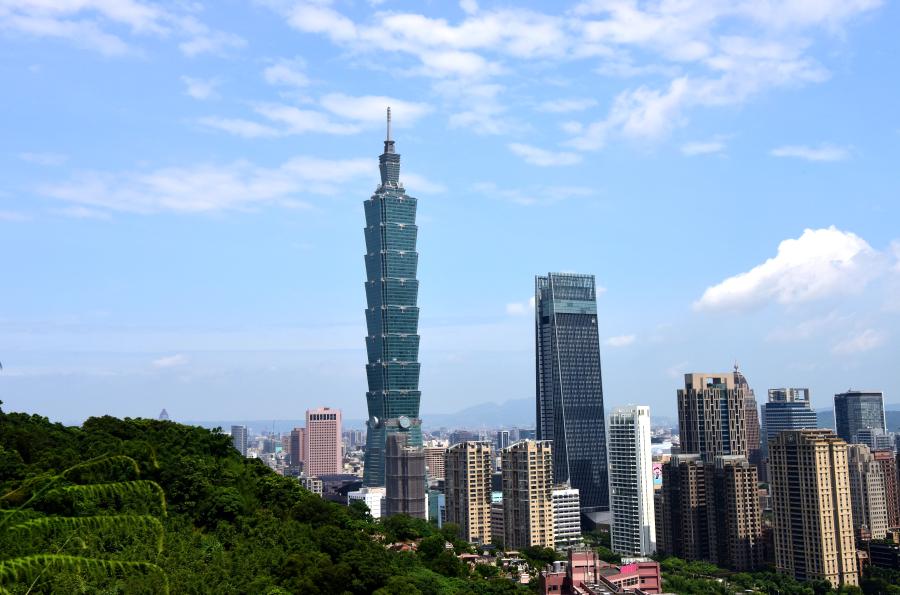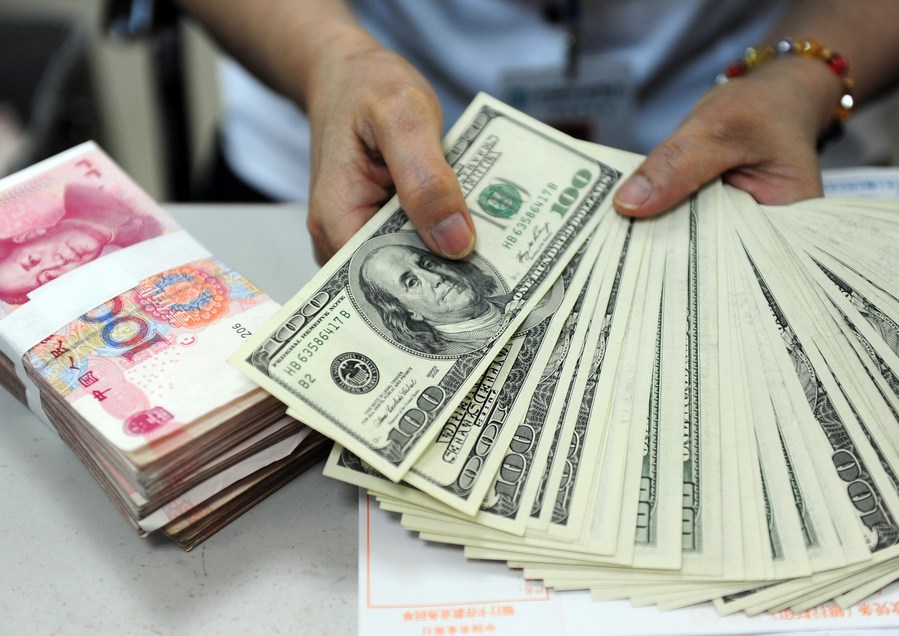The China-U.S. Relations Should Adhere to the Right Direction Regardless of Uncertainties

The ups and downs in China-U.S. relations shows that cooperation benefits both sides while conflict only brings harms to all.
Over the past year, relations between China and the United States experienced a dramatic U-turn.
The China-U.S. relations entered 2023 with promising hope as the two presidents reached the Bali consensus in November 2022 to ease bilateral tensions. But shortly afterward, the so-called “spy balloon” incident in late January interrupted follow-up dialogues between the two governments. The overreaction of the ballon by the Biden administration triggered a new round of China-U.S. tensions and U.S. Secretary of State Antony Blinken postponed his planned trip to China originally scheduled in February, demonstrating the vulnerability of the bilateral ties.
In November 2023, Chinese President Xi Jinping and U.S. President Joe Biden held a meeting in San Francisco, reaffirming the Bali consensus and further clarifying the road map for the future development of the two countries. However, whether will the U.S. side abide by its statement in the consensus or not remains a question. Especially the year 2024 is an election year for the United States, which means growing uncertainty to U.S. China policy.
China’s Taiwan is a key test and sensitive question in China-U.S. relations. After the election in the island in mid-January, Lai Ching-te, the Democratic Progressive Party (DPP) candidate became the new leader of Taiwan authorities for the next four years. Lai and his separatism party will increase uncertainty to cross-Strait ties as he will continue his DPP predecessor’s strategy of confronting the mainland and seek U.S. support for the party’s independence agenda. But Lai will be unlikely to go too far in his inauguration speech set to be held on May 20.

The Taiwan question is at the very core of China’s core interests and the first red line that must not be crossed in China-U.S. relations, reiterated many times by the Chinese government.
The Biden administration hopes there is no change to the status quo across the Taiwan Strait, neither supporting the unification of Chinese mainland and Taiwan island, nor taking risks of war with China to support “Taiwan’s independence”.
In 2024, China and the U.S. are expected to well manage the cross-Strait tensions during the transfer of power in the island.
The tougher challenge of China-U.S. relations lies in the area of science and technology. The Trump administration started trade war and tech war with China. And the Biden administration continues this strategy in a bid to slow down China’s fast pace toward a sci-tech power.
But Washington has failed to defeat China in trade and technology through unilateral sanctions, bans and decoupling or de-risking. On the contrary, the trade war and tech war have increased the cost of American business and made a negative impact on the industrial chain and supply chain of the global economy. Washington should be aware that stifling China will not help America “run faster”.
Only by embracing dialogue, mutual respect, and commitment to a shared future, there is a chance to create opportunities for innovation, cooperation, and ultimately, common prosperity.
As the largest developing country and the largest developed country, China and the U.S. need to cooperate and make more sci-tech achievements together to solve global issues.
The ups and downs in China-U.S. relations show that cooperation benefits both sides while conflict only brings harms to all.
Today, the U.S. should concentrate on its domestic governance as the country faces a number of severe challenges, including political polarization, the widening gap between the rich and the poor, the bankruptcy of the middle class, rampant gun violence, and the migrant crisis. But Washington has taken China as a scapegoat for its domestic problems. Actually, that “therapy” won’t help the U.S. cure its disease.

There is a lesson to draw from the roller-coaster fluctuations in China-U.S. relations in 2023. The U.S. will not be able to solve its domestic problems by blaming China. The biggest problem of the U.S. is that its domestic and diplomatic policies are controlled by interest groups who always put their interests first.
In addition, Washington struggles to sustain the U.S. dollar hegemony, with its national debt reaching nearly $34 trillion. If annual interest payments exceed annual military spending, it will jeopardize the military and dollar hegemony, leading to the inevitable weakening of its standing in the world.
Paradoxically, without global expansion, it would be impossible for the U.S. to achieve capital appreciation, tackle inflation through wars and crises, or reap gains from the rest of the world by using the tool of interest rate that causes the dollar to strengthen or weaken. Then the U.S. would only find itself in a more challenging predicament.
All in all, the U.S. should change its mind, because blaming China or any other country proves futile in addressing its own issues.
In the year just passed, Chinese tech giant Huawei launched its new Mate 60 smartphone series after experiencing years of extreme sanctions imposed by the U.S. The breakthrough, from the Harmony operating system to the 5nm chip, reminds the U.S. that tech war can’t crush China but only stimulates China’s self-reliance in science and technology.
It will take a long time for the U.S. to adapt to a peaceful coexistence with a stronger China. The competition between China and the U.S. will expand to more fields and become a new normal.
The competition between the two major countries should be healthy and beneficial to the world. They should compete for who can provide higher-quality public goods for the international community, better respond to the common expectations of the world, and promote global prosperity.
The year of 2024 marks the 45th anniversary of the establishment of China-U.S. diplomatic ties. But the China-U.S. relations still face uncertainty and instability. Regardless of any change to U.S. policy on China, China will continue its step towards the great national rejuvenation and building a global community of shared future.
The author is the Director of Institute of International Affairs at Renmin University of China.
Translated by Niu Huiying
Edited by Bai Shi
The article reflects the author’s opinions, and not necessarily the views of China Focus.
 Facebook
Facebook
 Twitter
Twitter
 Linkedin
Linkedin
 Google +
Google +










